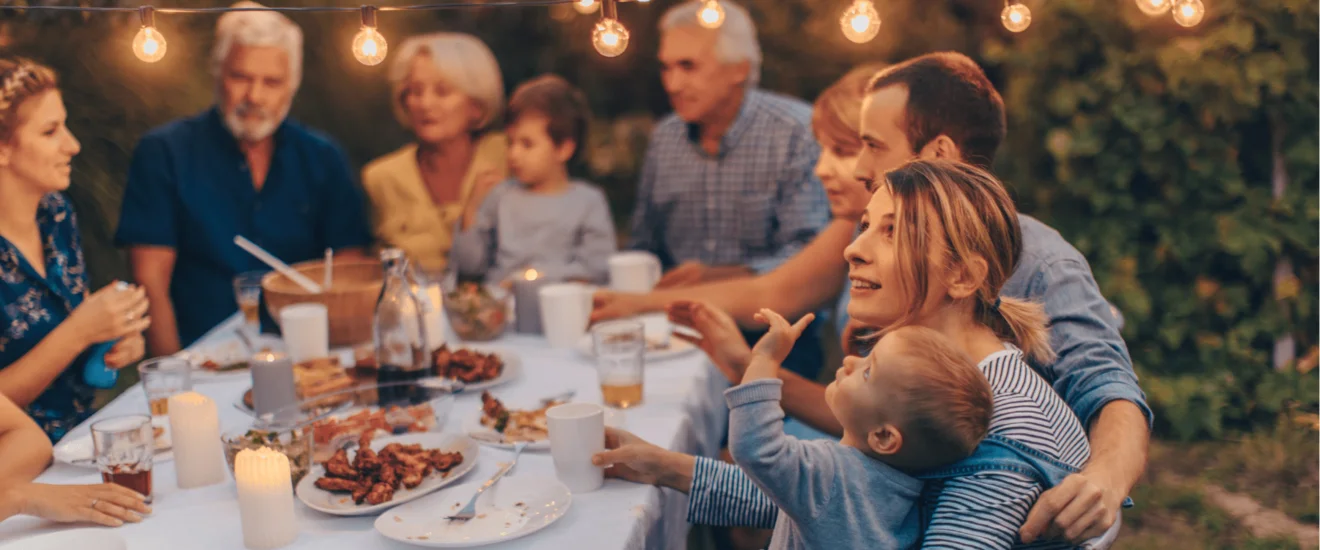Article excerpt from Autism Speaks
While Thanksgiving is a time to reflect on your blessings and express gratitude for all the wonderful things in life, it can also be very stressful for people with autism and their families. In this Q&A, behavioral expert Arianna Esposito and self-advocate Anne Grego-Nagel, both of Autism Speaks, share their tips for making Thanksgiving an autism-friendly holiday with autistic individuals, parents of autistic children and their holiday hosts.
What is your advice to autistic individuals to cope with the holidays?
Anne Grego-Nagel: It is hard to self-advocate when you are tired, so take time to recharge. I take the day after Thanksgiving off. I have no social events planned. I just give myself permission to be quiet and recharge.
Second, set internal boundaries before going into a family celebration. For example, I reserve the right to walk away from emotional conversations without saying anything. Once someone starts yelling or acting aggressively, we are out of the boundaries of respect I demand in interactions. Setting up boundaries before I enter a situation gives me guidance on when to leave.
Third, identify your allies and let them help you self-advocate. Allies are really important. In family situations, my allies explain to others how autism affects my interactions. They don’t defend bad behavior, but they limit the judgment among other family members.
Lastly, when there is a lot of social interaction, I rely more heavily on literal language and straight-forward requests. My brain is dealing with so much that becoming literal or asking for explicit information helps me deal with expectations. Part of self-advocating is managing others’ expectations of me.
What are some of the biggest challenges that autistic people face during Thanksgiving?
Arianna Esposito: People with autism often struggle with changes in routine that come during the holidays. School-aged children experience a disruption in school services during this time. Wraparound services like in-home therapies might also be affected. Depending on how a family celebrates, there may also be changes in food options, guests in the home and access to certain cherished belongings — not to mention a potential lack of privacy. There’s an unfamiliarity to these changes in routine that can be really stressful and overwhelming for those on the spectrum.






